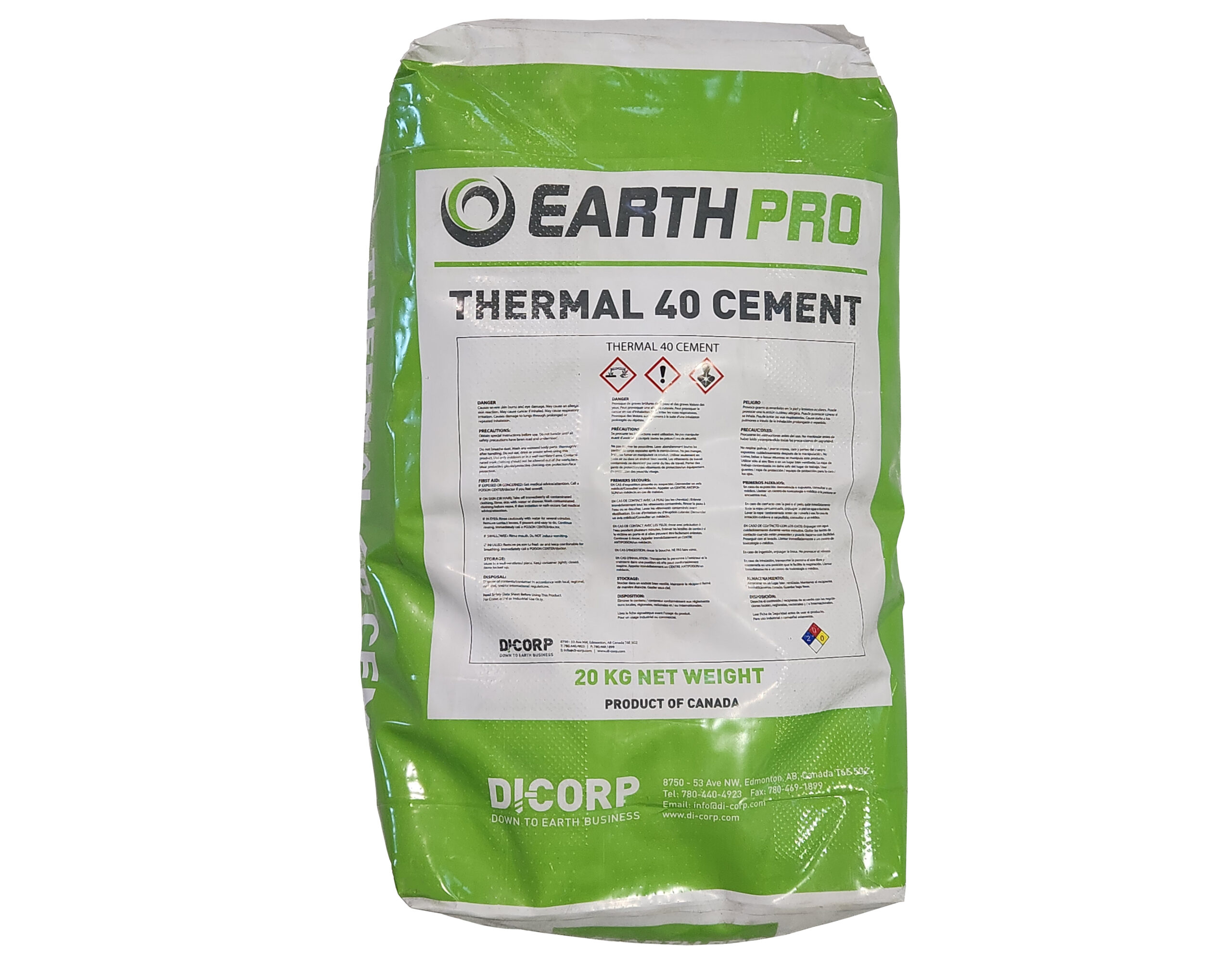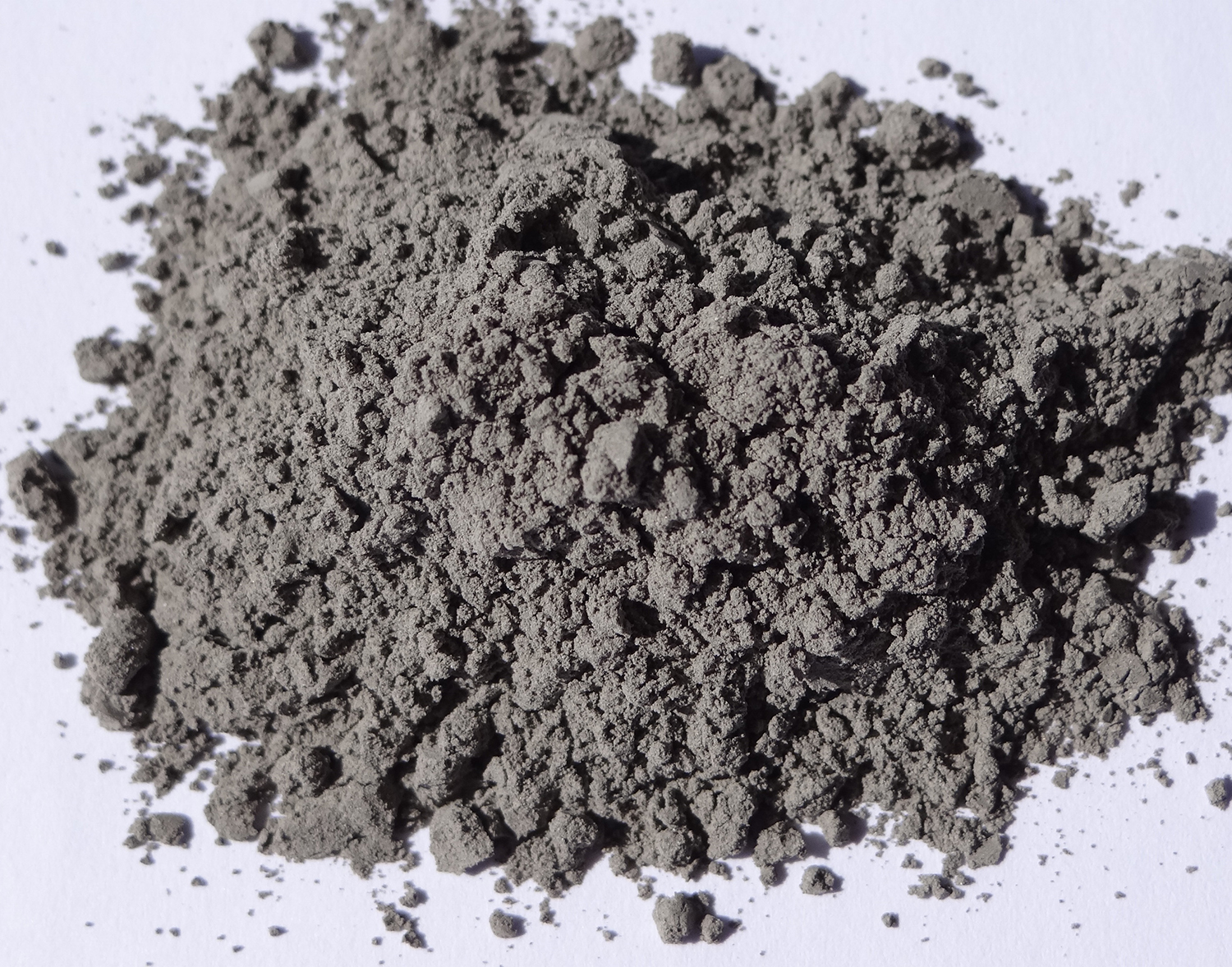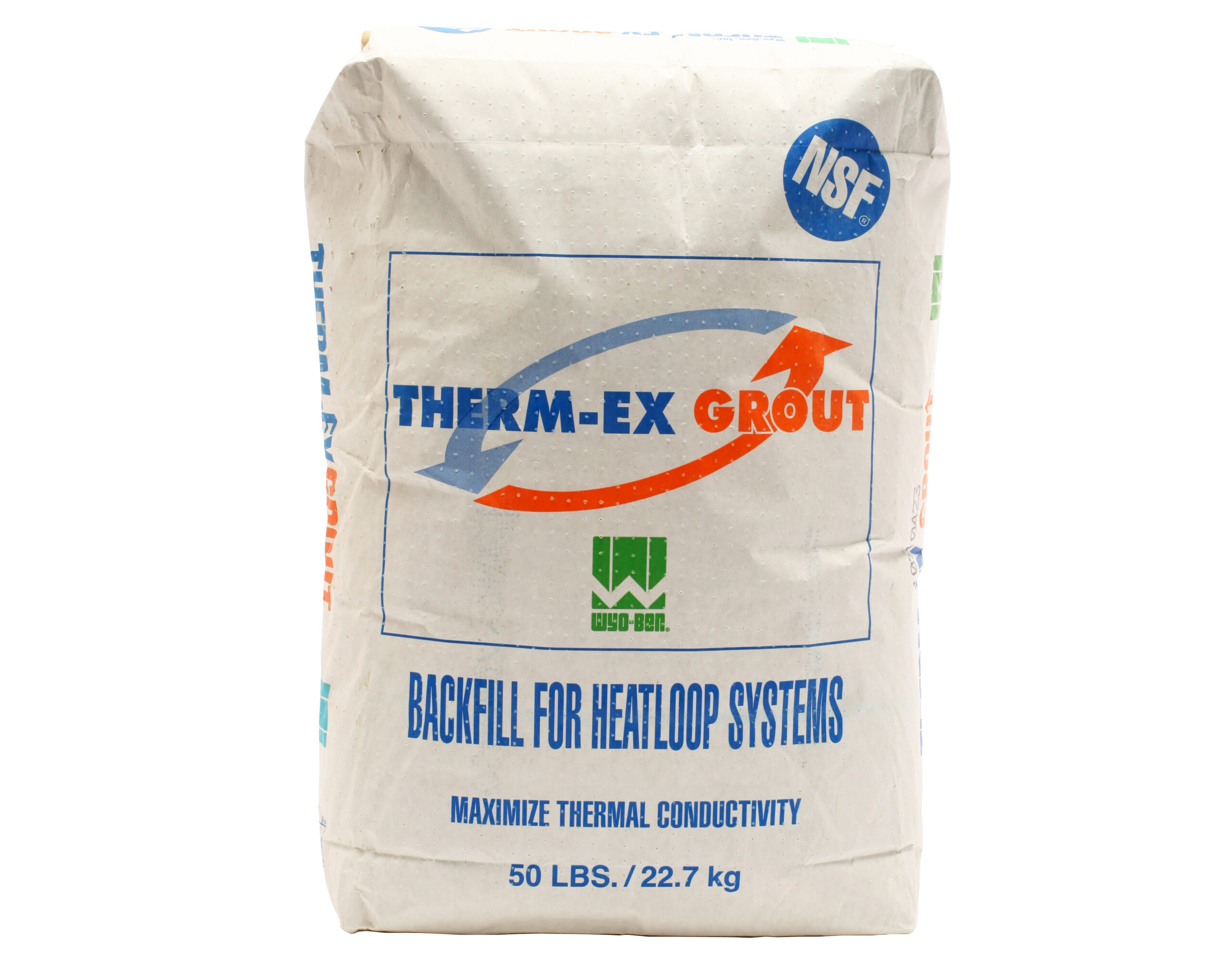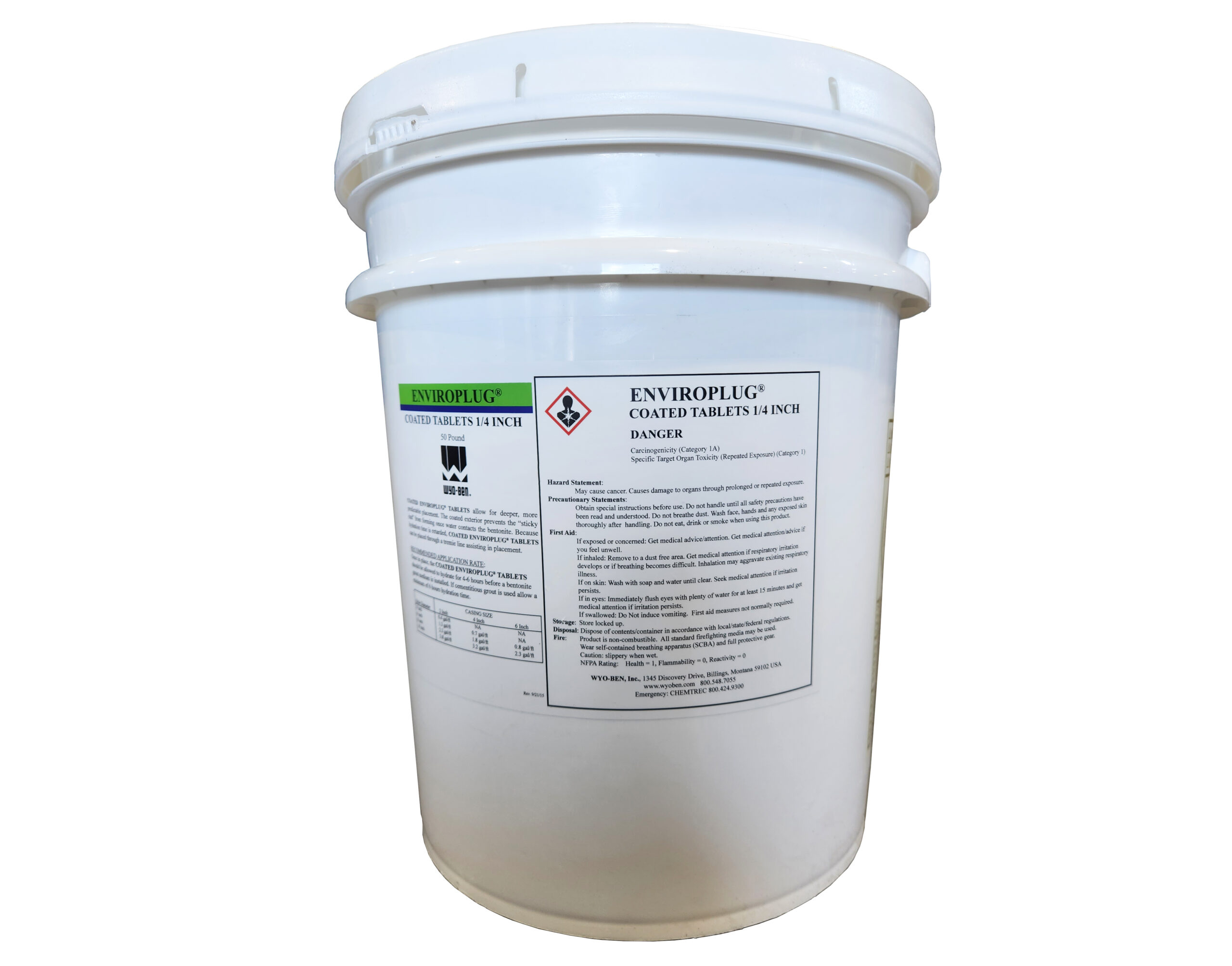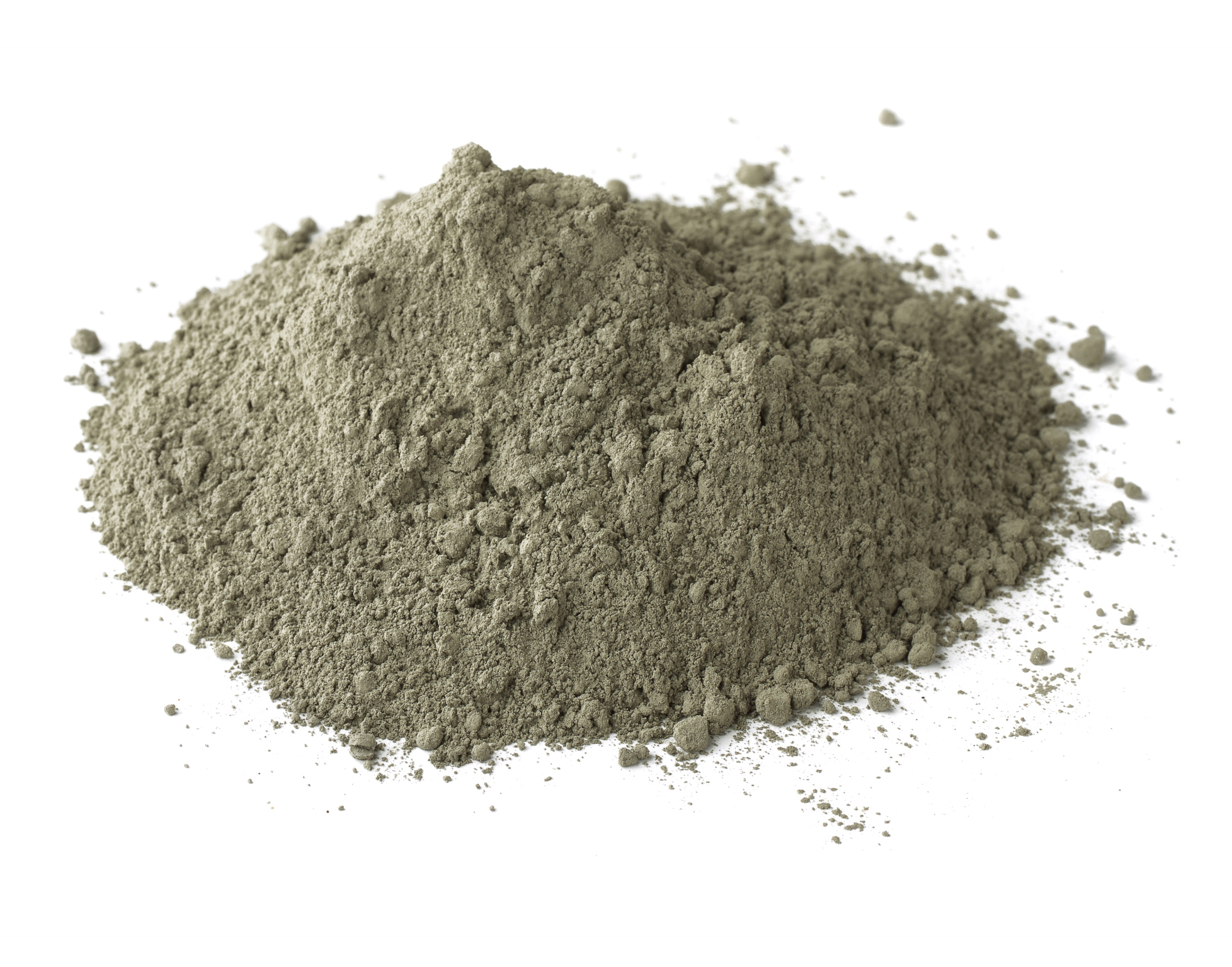Oilfield Cementing: Typical use on a small scale is for dump-bail treatments. The product is batched in small volumes according to the following blend table, and dumped down the wellbore using conventional rig equipment. After a period of time the cement sets, providing a small, hard plug in the problem area.
|
Approximate Working Time (Hrs:Min at BHT) |
| Bag Size (kg) |
Water Requirement (liters) |
Slurry Yield (liters) |
Density (kg/m³) |
20°C |
30°C |
| 20 |
8.2 |
14.9 |
1885 |
2:30 |
2:00 |
| Compressive Strength, MPa @ 20 to 30°C (16-24 hours) |
2.5, 5.0 |
3.8, 6.1 |
NOTE: Strengths are for reference only. Actual values may vary due to changing wellbore conditions, variations in density, and water quality. Samples should be taken at the time of treatment and observed at estimated wellbore temperature for strength development.
At temperatures below 30°C, calcium chloride can be added in a small amount, to accelerate the set time if required. Typical dosage is 0.5-1% w/w, depending on well depth and wellbore temperature. Slurry viscosity and working time will be reduced substantially. (Exercise extreme care in the addition of calcium chloride. In itself calcium chloride is a corrosive material and will cause skin burns. If poorly mixed, it can cause excessive heat through hydration, potentially leading to a flash set of the cement before placement has occurred.)
Oilfield Cementing, High Temperature Application: This cement blend is not designed for use where wellbore temperatures exceed 30-40°C during plug placement. However, Earth Pro Thermal 40 Cement is stable to +/-360°C, providing the optimum slurry density of 1880-1900 kg/m³ is maintained. Long-term effects (30 days or more at 300-340°C) indicate only minor loss in compressive strength, and a slight increase in permeability.
Earth Pro Thermal 40 Cement will meet the ERCB Specification in Directive 20, Open Hole Abandonment Requirements, Section 4.2, “Open-Hole Abandonment of Wells That Have Penetrated Oil Sands Zones”, and will provide a minimum compressive strength of 3500 kPa in 48 hours at temperatures up to 360°C.
